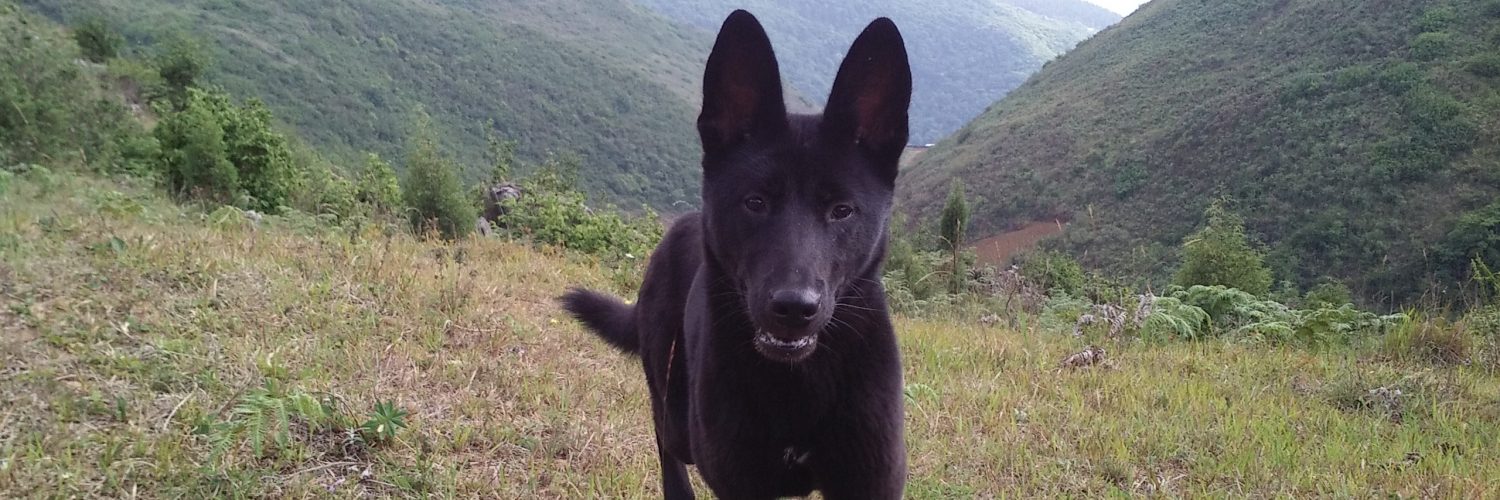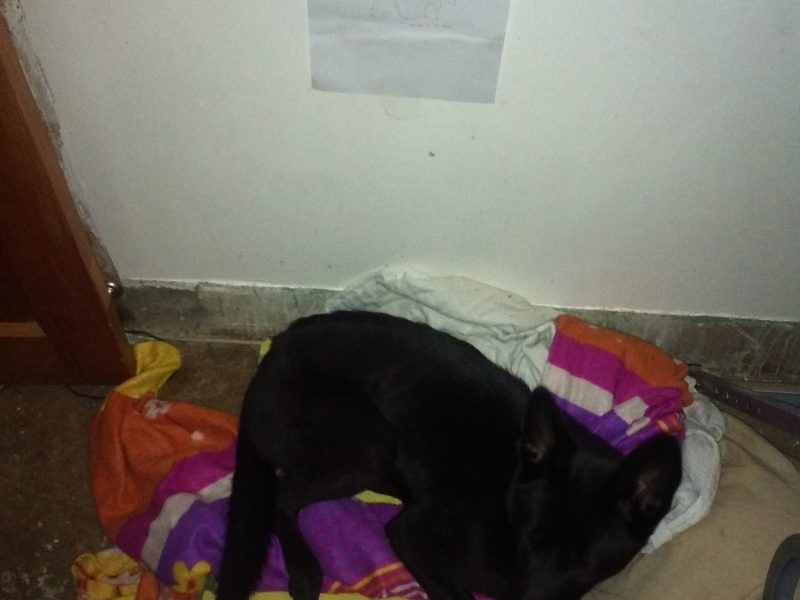If you’ve been following this blog for a while, you may remember this post, where I talked about how the hardest part of being vegan was dealing with people, both vegans and non-vegans alike, if you haven’t and you don’t feel like clicking that link, here’s a quote from it.
The difficult part of being vegan is not finding vegan food, is having to defend yourself from all the people who attack you for being vegan, or get defensive whenever they hear the word vegan, and they feel they have to defend their food choices.
The same is true when trying to explain to people that being visually disabled is not the same as being totally blind. I always thought I was a good teacher and able to explain things to my students in the simplest way possible, but the idea that a person can be blind only if he/she wears dark sunglasses and walks with a cane is so engrained into our collective knowledge that there’s no way I could ever change it by myself, and that stereotype may or not be Stevie Wonder’s doing.
There are hundreds if not thousands of different conditions that may cause a person to lose their vision but very rarely if ever at all, would someone lose their vision from one day to the other, but still most people think our vision is like an on-and-off switch that you either see or don’t there’s no in middle point, and there’s no way normal people could ever understand, no matter how hard I try to explain it, that it’s possible to lose your vision gradually, or to be more or less sensitive to light or other stimuli.
Whenever I try to explain that I have tunnel vision and I can’t see at night or with low or dim light, people would be skeptical about it in the best-case scenario, in the worst, they would call me a liar, and go as far as to put their hands in front of my eyes to see if I react, and when seeing that I react they would say “see, you’re not blind”.
To be fair though, I do realize not everyone in the world is ignorant like that, and those things happen to me because I chose to live in a third world country where people have no manners, education, integrity or common sense.
Why did I choose to live in a third world country? Because it’s cheap, as simple as that, you win some, you lose some.
Luckily for me, I’m not a victim of the circumstances and I’m still relatively aware of how my mind and my emotions work and I know it’s up to me to choose how do I react to being abused. Also, I’ve been living in third world countries for the last 3 years so, there’s not much to be surprised about anymore and things other foreigners would be outraged by, I see them as normal.
This also helps me appreciate the little things. Things others give for granted, such as sidewalks, silence or queueing can be like a breeze of fresh air whenever they randomly appear. In most cities I’ve been there are no sidewalks for people to walk on, sometimes there used to be one but someone parked a car, opened a stall or dumped a pile of sand or rubbish on it, so the very few times one gets to walk without the cars rushing past you, can make you feel like if you were living in the future. Whenever you go into a shop you’re just expecting people to shout to the clerk at the same time, but it does happen occasionally that someone would acknowledge you were there first and that small detail could make my day.
Observing
Now, this is not something specific of Ecuador, nor about my disability, it’s just some general guidelines on how to deal with stress, anxiety, abuse and humans in general. Whenever something good or bad happens, instead of immediately reacting to it in any way, I would just observe it. I would distance myself from that situation and observe it from a third-person perspective, as if I were an omniscient narrator or a person who is astral projecting above me and watching me. They wouldn’t react to it, they would just state the facts and narrate the story.
And if they were indeed narrating, it may sound something like this:
“That morning, the wind was blowing from the north carrying a cloud of fine dust with it, which as it did every day, finally settled in the city he was living in at the time. The city was called Manta, and it was the biggest city on the coast of Ecuador. Bruno had chosen to live there because it was relatively cheap and the visa was easy to get.
Was it better or even different to live in Ecuador than to live in China? He had pondered that question many times in his mind and still couldn’t reach a definite answer. Something he was sure about was that he had to be somewhere. He had to exist and do his best to keep himself alive, and whether that was in China or Ecuador it didn’t make a difference to him. He had a mission, an extraordinary sense of purpose few people possess. What that purpose was or the reason for his existence, by this point in the story, was something he could still not fully comprehend but he knew there was something being baked in the oven and it was about halfway done.
He knew he had collected some pieces of the puzzle, had gotten some hints from different sources and had figured out a few clues by himself, now it was all a matter of putting everything together in a way that it makes sense. For example, he knew the meaning of life its different for every one of us and in every stage of our lives, he knew psychedelic drugs are a way to open the mind and helping it find unexplored paths and uncover some of its secrets, he understood how mindfulness worked and had trained himself to be mindful even during the most mundane daily tasks, he knew about the untapped potential of the human mind and a few ways to harness that potential, he thought he understood was death was about, not from a biological point of view but from an existential one.
He also suspected that his disability was actually a blessing in disguise. Once he could get over all the nuisances of dealing with other humans and tripping or bumping his head and legs on every obstacle, he would finally be able to appreciate the chance he had been given to get rid of most distractions in the form of visual stimuli to focus on the answers which were waiting for him inside his mind.
Writing, besides being a sort of therapy for him, had been one of the tools he used to help him put some of the pieces together, and that’s how this blog post came to be.”

